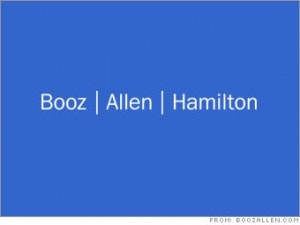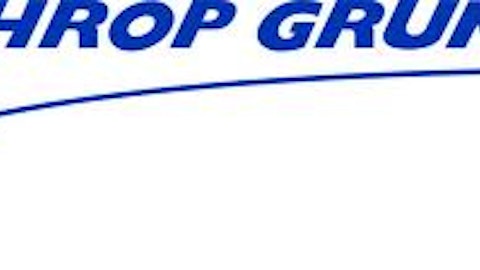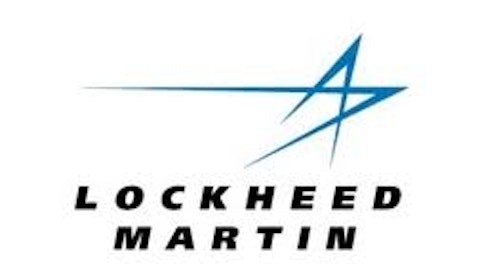In what can only be described as a coup by Booz Allen Hamilton Holding Corporation (NYSE:BAH), the company was awarded a series of contracts by U.S. federal agencies. The company won a trio of five-year contracts from the U.S. Department of Transportation, with whom Booz Allen historically does a lot of business. More specifically, the mandates are with the DOT’s Federal Highway Administration, and they are worth up to a combined $102 million.
Even with the most recent contract wins, government spending is not as predictable as it once was. For instance, in 2009 the U.S. budget for government spending was $3 trillion, with a specific amount earmarked for management and technology consulting. These days, not only are service providers unsure about the amount of money that the federal government is spending, but government agencies are also in the dark.

Here’s the dilemma — if Congress fails to reach a budget agreement by early March, an automatic $85 billion in spending cuts will be triggered across federal agencies.
Diversification Ahead
Booz Allen is a big player in the government sector, but expect to see the company gunning for more contracts in the commercial sector as well, which will help to diversify revenues. Since Booz Allen exited private equity ownership in 2010, the company spun-off its commercial consulting business. A non-compete agreement was put in place at that time so that Booz Allen was limited to servicing the public sector. That non-compete arrangement has since expired, and now the company has entered the commercial and international businesses as well.
Before the spin-off, Booz Allen’s commercial business specialized in the auto sector. Now the company has redefined its focus and will instead specialize in the health care, financial services, and energy sectors. On the international side, Booz Allen’s consulting specialists have current mandates to assist businesses in the Middle East managing the diabetes outbreak in the region.
With the shackles of the non-compete removed, Booz Allen seems positioned well for growth. As a result of a restructuring that began last year, the company removed mid-tier management positions. The cost savings allowed the company to reinvest in its growth and also maintain and add special shareholder dividends.
Competitive Landscape
Defense contractor L-3 Communications Holdings, Inc. (NYSE:LLL), which is a competitor to Booz Allen, lifted its quarterly dividend by 10% last month to $0.55 per share. The company also initiated a $1.5 billion share repurchase program, despite the fact that L3 (NYSE:LLL)’s 4Q earnings declined by nearly 25% amid tax benefits in the same period a year ago. L-3 has been focused on returning value to shareholders because acquisitions activity has been slow, according to chief executive Michael Strianese, who was speaking at the Cowen and Company conference.
L-3 is also adapting to lower government spending by focusing more on its commercial and international segments. For instance, in 2010 sales from government contracts represented more than three-quarters of L-3’s sales. Since that time, the revenue mix has shifted. U.S. Department of Defense contracts now represent 68% of revenues and the company is generating more top-line growth from its international and commercial businesses. One of the few deals that L-3 made in 2012 was its $130 million acquisition of the civil aircraft simulation and training segment from Thales Training & Simulation in the United Kingdom, which underscores L-3’s commitment to growing its international and commercial segments.

